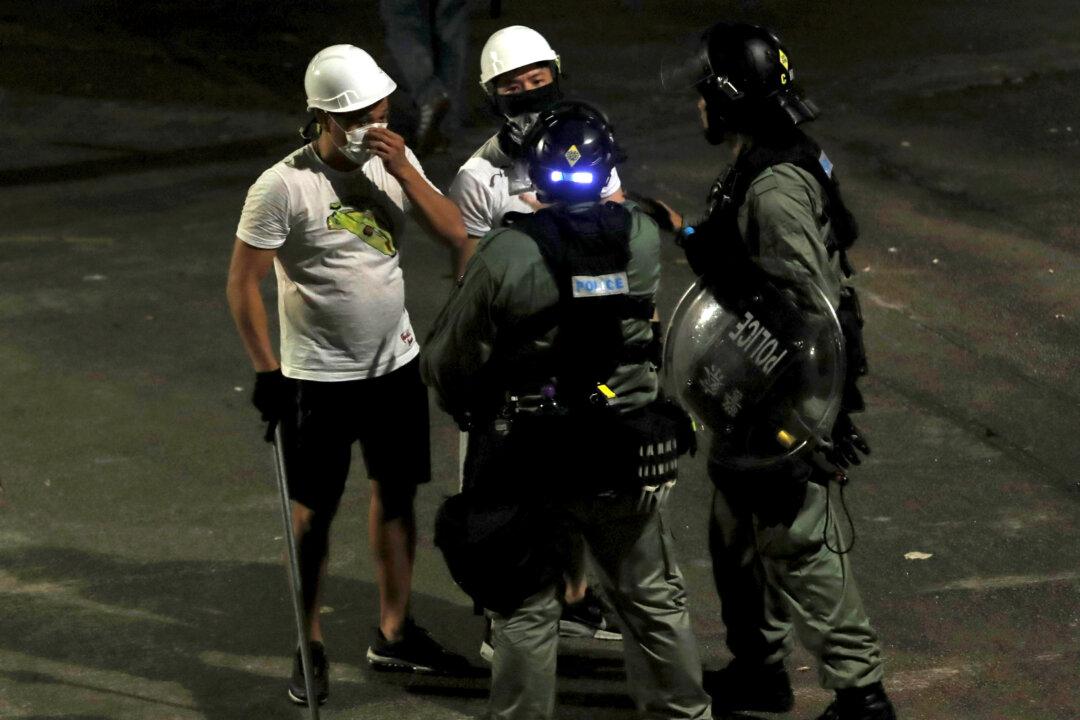Several recent incidents of assault highlight the continuous perils investigative reporters in China face in their daily work.
Conditions for reporters in China are harsh. Not only are journalists under the constant watchful eye of the regime’s Central Propaganda Department, which can have them demoted or fired for reporting inconvenient news, reporters also face violence from private enterprises that try to prevent negative news about their news operations from getting out.
Even state propaganda channels are sometimes not immune. On Aug. 8, several reporters from the Communist Party’s television mouthpiece CCTV said they were attacked and had their camera smashed by dozens of employees at the Fujia Dahua Petrochemical Company in Dalian City, Liaoning Province, where they went to investigate a possible toxic chemical leak.
Reports said that management had instructed employees to beat up the reporters.
Fujia Dahua is a private enterprise, but political connections can be complicated and far-reaching, possibly making this a “sensitive case” and a taboo for investigative reporters.
Corruption is generally behind such cases, as Chinese businessmen and officials work together to protect their interests.
Some bloggers speculated, “Some big shots must be behind the Fujian Dahua company.”
The truth is hard to come by in China, but some brave Chinese reporters are still probing for it, albeit at a cost.
“Journalists in China are constantly under physical threat and danger,” Meng Lang, cofounder of Independent Chinese PEN Center told Voice of America (VOA) in an Aug. 5 report.
“The interference with journalists’ rights to interview people and conduct investigations in China has become increasingly more severe,” he said.
On Aug. 3, three reporters from Guangzhou Daily and Southern Metropolis Daily were attacked while reporting a fire in a factory in Foshan City, Guangdong Province, according to VOA.
A security guard let them in, saying a manager would talk to them. But once inside the factory the reporters were surrounded by a gang of men, who accused them of breaking into private property.
On the same day, two reporters from a TV station in Yichuan City, Jiangxi Province were also violently assaulted while shooting news of a road surface collapse caused by a construction company’s demolition work.
The company’s staff smashed the reporter’s camera and attacked them with safety helmets and bricks. Both reporters were hospitalized.
Wang Keqin, known as China’s number one muckraking reporter, told Modern Express in a Dec. 5, 2010 article that he could not remember how many times he felt his life was in danger when covering news.
Meng, from the Independent PEN Center, also said that China’s human rights situation has gotten worse in many areas, and this actually runs parallel with journalists’ working situation.
Since even mainstream journalists are being treated this way, it’s even tougher for activists and dissidents to survive in China, Meng said.
[email protected]
Journalism in China a Perilous Profession
Recent incidents of assault highlight the continuous perils investigative reporters in China face in their daily work.
|Updated:



